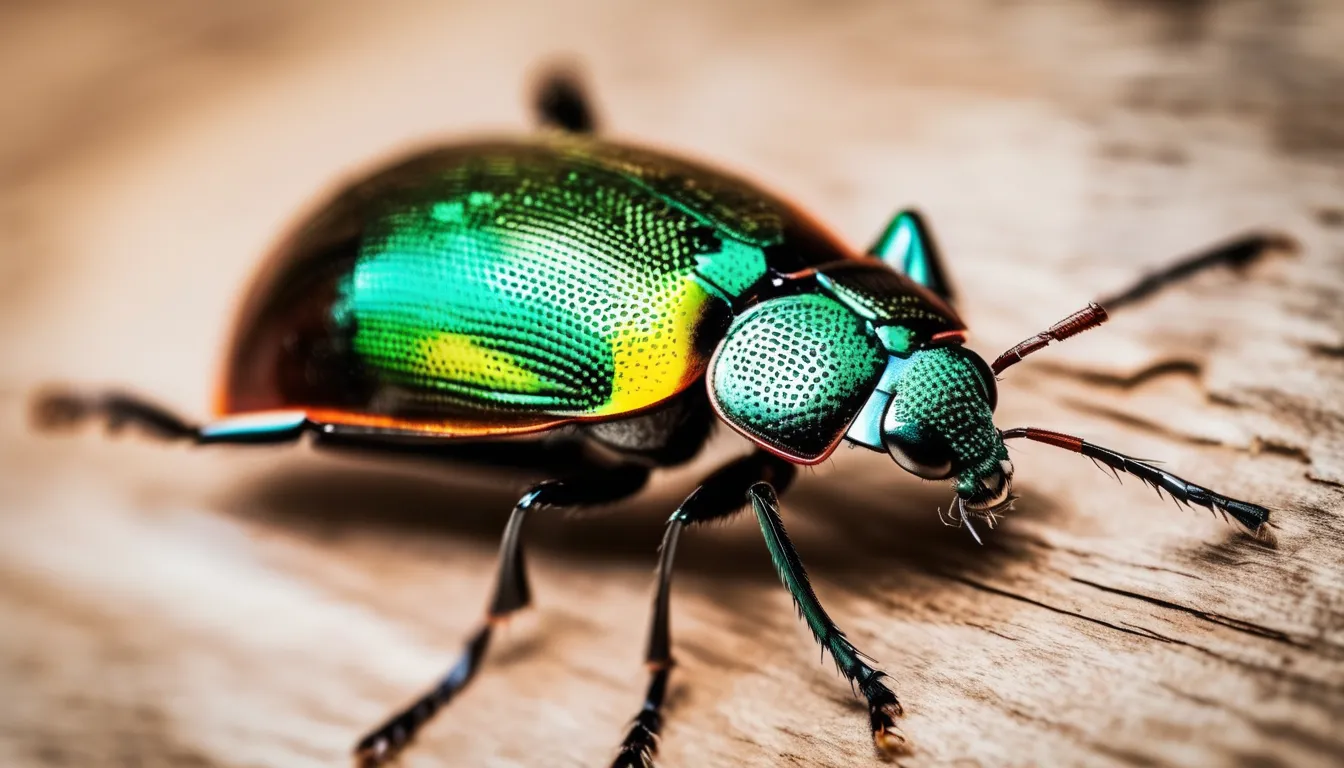The Best Bed Bug Pest Control in Your Area

When you’re dealing with a bed bug infestation, finding the best pest control service in your area is crucial. You need to research companies that not only have a solid reputation but also offer effective treatments tailored to your situation. It’s important to consider their methods, such as heat and chemical solutions, as well as any guarantees they provide. But how do you sift through the options to find a service that truly delivers? The answer might surprise you, especially when you uncover what distinguishes the top choices from the rest.
Understanding Bed Bug Infestations
When you discover bed bugs in your home, it’s essential to understand the nature of these infestations. Bed bugs are small, reddish-brown insects that feed on human blood, typically at night. They’re not just a nuisance; they can disrupt your sleep and cause anxiety.
These pests hide in cracks and crevices, making them difficult to spot. They thrive in warm environments and can easily hitch a ride on your belongings, spreading from one location to another.
Understanding bed bug behavior is crucial in managing an infestation. They reproduce quickly, with females laying several eggs each day. A single pregnant female can lead to an overwhelming population in a short time.
Bed bugs are resilient and can survive for months without feeding, which complicates eradication efforts.
You should also recognize that bed bugs aren’t a sign of poor hygiene; they can invade even the cleanest homes. Knowing where they hide and their feeding habits will help you take the right steps to eliminate them.
Awareness is your first line of defense against these unwelcome guests, so stay informed and proactive in your pest control efforts.
Signs of a Bed Bug Problem
Identifying the signs of a bed bug exterminator bug problem is crucial for swift action. Start by checking your sleeping area for small, reddish-brown bugs. Adult bed bugs are about the size of an apple seed, while nymphs are much smaller and translucent. You might also notice dark spots on your sheets or mattress—these are bed bug droppings.
Another telltale sign is waking up with unexplained bites, often in a line or cluster on your skin. You may feel itchy or irritated, which can be particularly alarming.
Additionally, look for tiny, pale eggs or egg shells in your bedding or cracks around your bed frame; these are indicators of a growing infestation.
If you find a musty odor in your room, it could signal a larger problem, as bed bugs release pheromones. Pay attention to your luggage after traveling, too, since bed bugs often hitch a ride home.
Taking action when you notice these signs can help prevent a full-blown infestation. Trust your instincts—if something seems off, it’s worth investigating further.
Don’t wait; the sooner you address the issue, the better your chances of a quick resolution.
Top Pest Control Options
Effective pest control options are essential for tackling bed bug infestations head-on. One of the most reliable methods is hiring a professional pest control service. These experts have the training and tools needed to identify and eliminate bed bugs effectively.
They often use a combination of chemical treatments and heat applications, which can reach temperatures lethal to bed bugs.
If you prefer a more immediate approach, you might consider using bed bug traps. These devices can capture bed bugs as they travel, helping you monitor the problem’s severity. However, they’re best used in conjunction with other methods.
Steam treatment is another powerful option. High-temperature steam can penetrate fabrics and cracks, killing bugs and eggs on contact. It’s a chemical-free solution, making it safe for your home and family.
Lastly, consider encasements for your mattresses and box springs. These protective covers can trap any remaining bugs and prevent new infestations from taking hold.
Each of these options has its strengths, and combining them can yield the best results in your battle against bed bugs. Be sure to choose the method that fits your needs and situation best.
DIY Bed Bug Solutions
Many homeowners facing a bed bug issue turn to DIY solutions that can be both cost-effective and empowering.
You can start by thoroughly cleaning your home. Wash all bedding, linens, and clothing in hot water and dry them on high heat. This kills bed bugs and their eggs effectively.
Next, vacuum your living space, focusing on seams of mattresses, carpets, and any cracks or crevices. Make sure to dispose of the vacuum bag immediately to prevent re-infestation.
Another solution is to use a steam cleaner. The heat from the steam can eliminate bed bugs on contact. Just ensure you treat all affected areas, including furniture and baseboards.
Diatomaceous earth is another option. It’s a natural powder that can be sprinkled in infested areas. When bed bugs come into contact with it, it dehydrates them.
Lastly, consider using essential oils like tea tree or lavender, known for their insect-repelling properties. Mix a few drops with water in a spray bottle and apply it to areas where bed bugs may hide.
Choosing the Right Service
When dealing with a bed bug infestation, selecting the right pest control service can make all the difference in achieving a long-term solution.
Start by researching local companies that specialize in bed bug treatments. Look for ones with positive customer reviews, as they often indicate effective service and customer satisfaction.
Next, check for proper licensing and insurance. A reputable pest control service should be licensed to operate in your area and carry liability insurance to protect you from potential damages.
Don’t hesitate to ask for references; a trustworthy company will gladly provide them.
Inquire about their treatment methods. Effective services often use a combination of heat treatments and chemical solutions.
Ensure they follow integrated pest management practices to minimize chemical exposure.
Frequently Asked Questions
How Long Does a Typical Bed Bug Treatment Last?
A typical bed bug treatment lasts about 2 to 4 hours, but you should wait at least a few weeks before confirming effectiveness. It’s crucial to follow up and monitor for any signs of return.
Can Bed Bugs Survive Without a Host?
Yes, bed bugs can survive without a host for several months, usually up to six. They rely on blood meals for nourishment, but their resilience allows them to endure in dormant states until a host appears.
Are Bed Bugs More Active at Night?
Yes, bed bugs are more active at night. They tend to emerge when you’re asleep, seeking warmth and carbon dioxide from your body. This behavior makes nighttime the prime time for their feeding activities.
What Temperatures Kill Bed Bugs Effectively?
Bed bugs struggle to survive at temperatures above 118°F for 90 minutes or lower than 32°F. You can effectively eliminate them by exposing infested items to these temperatures, ensuring a thorough and complete eradication.
Can I Travel After a Bed Bug Treatment?
After a bed bug treatment, it’s best to wait at least a few hours before traveling. This allows the chemicals to settle and ensures the treatment’s effectiveness. Always follow your pest control provider’s specific recommendations.
Conclusion
When it comes to tackling bed bug infestations, finding the right pest control service is crucial. By understanding the signs and exploring both professional and DIY options, you can take effective steps to eliminate these pests. Don’t forget to choose a company that uses a combination of methods and offers guarantees for peace of mind. With the right approach, you can reclaim your space and enjoy a good night’s sleep again.



